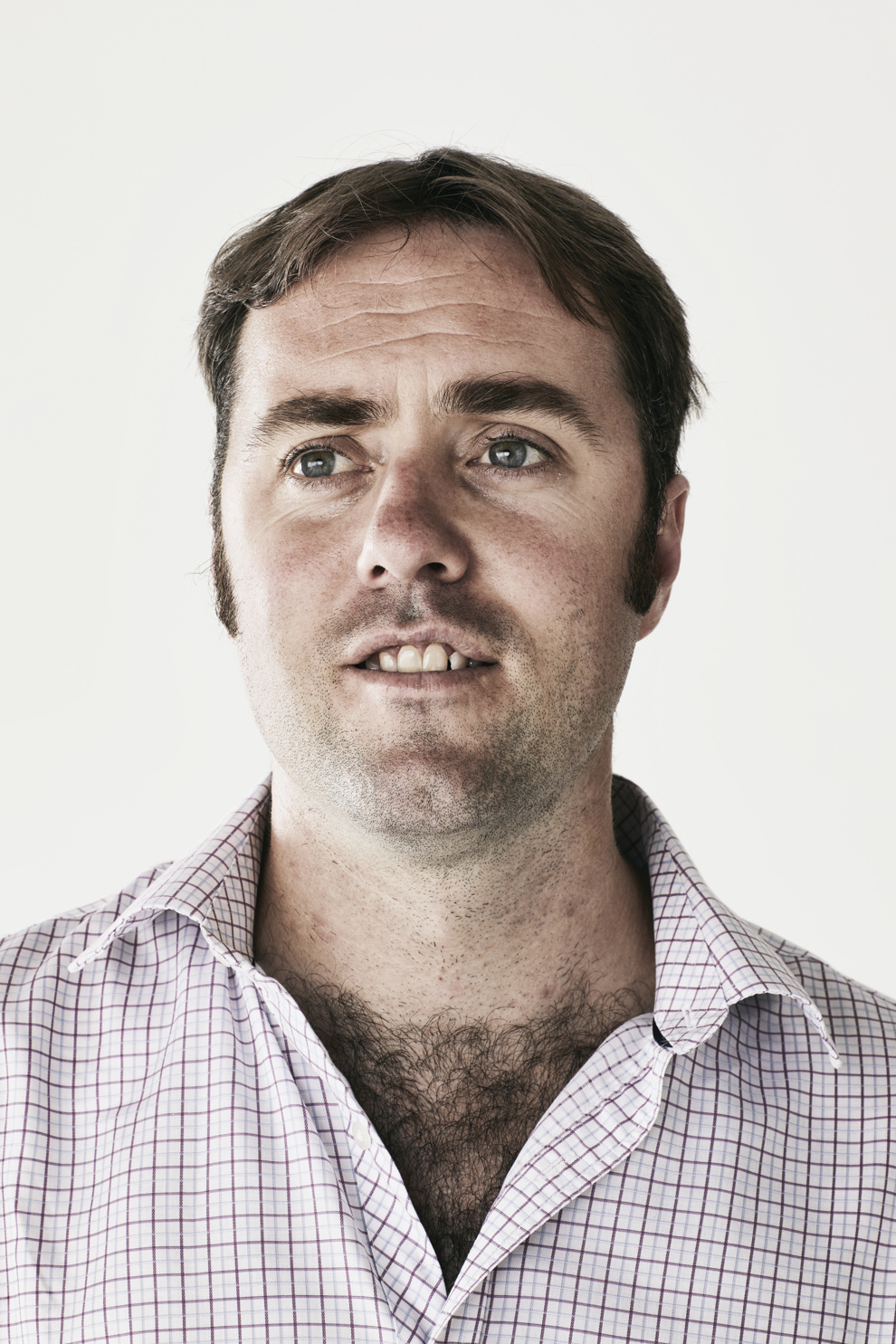My right arm was paralysed instantly. I actually thought I’d lost it before I saw it was still there. I couldn’t move it and the wound was gushing blood. I knew I’d bleed out quickly – I must have had about 90 seconds to live. To this day, I don’t know! I must have got a hand into the wound to stop the flow. We managed to fight our way to safety, and then a medic sorted me out. I had two life-saving operations in Camp Bastion. I was in a pretty bad place for a while before getting involved in the adventurous stuff, which really helped my rehabilitation.
Martin joined 3 Para as an officer in 2004. His right arm was paralysed when he was shot in Afghanistan in 2007. He’s aiming to complete the Explorers’ Grand Slam, a challenge that involves summiting the highest peak on each continent, as well as walking unsupported to the North and South Poles.
I was on my third tour of Afghanistan and we were looking to take out some Taliban commanders in a heavily fortified position. I was hit by machinegun fire and the bullet severed my brachial artery.
Since then I’ve set up my own charity, the AGS Foundation. We help people with disabilities take part in challenges, with the aim of getting them out of the mentality of feeling down. We’re running two weekends a year to try and get people involved. It’s all grown out of my taking part in the Explorers’ Grand Slam. The Grand Slam was the hardest thing I could think to do. It involves summiting the highest peak on each continent, as well as walking unsupported to the North and South Poles. We’ve still got to reach the South Pole and summit Mount Vinson in Antarctica, Carstensz Pyramid in Indonesia, and Everest! We’re going to try to tackle Everest next Spring. The toughest part for me is that I suffer at altitude. I can’t eat above 7,000m, and altitude causes nerve pain, too.
Doing the Grand Slam has led to other things – we’ve sent a group rafting in Sierra Leone, for example. I’ve also built a company, in which military figures help train businesses. When I started talking to business people about our expeditions, I would hear about the challenges they faced when developing leaders. That led me to create Fieri, which helps to mould better individuals and teams. Our seven full-time staff and 90 associates run workshops and talks, and design leadership programmes. We help businesses change their culture. People in the military have strong character and occupational behaviour traits – skills that translate readily into the corporate world.
For anyone looking to their career after leaving the military it’s important not to rush, and make sure you do your research. Lots of people jump into the first thing they’re offered because they can be under financial pressure or need a sense of purpose like they had in the military. But it will help in the long run to think very carefully about the culture and environment you want to work in.
There are great organisations and charities out there to help, so knock on a few doors. The military network in the corporate world spans far and wide, so tap into it. Think about regimental or officers’ associations. It’s like joining up; you don’t join the first unit you see. Life in those units varies enormously and the job market is just the same.

We can help
We are dedicated to assisting serving and ex-Service men and women who have suffered life-changing limb loss or the use of a limb, an eye or sight. We support these men and women in their communities throughout the UK. Click the link below to find out the different kinds of support we offer.
Get Support